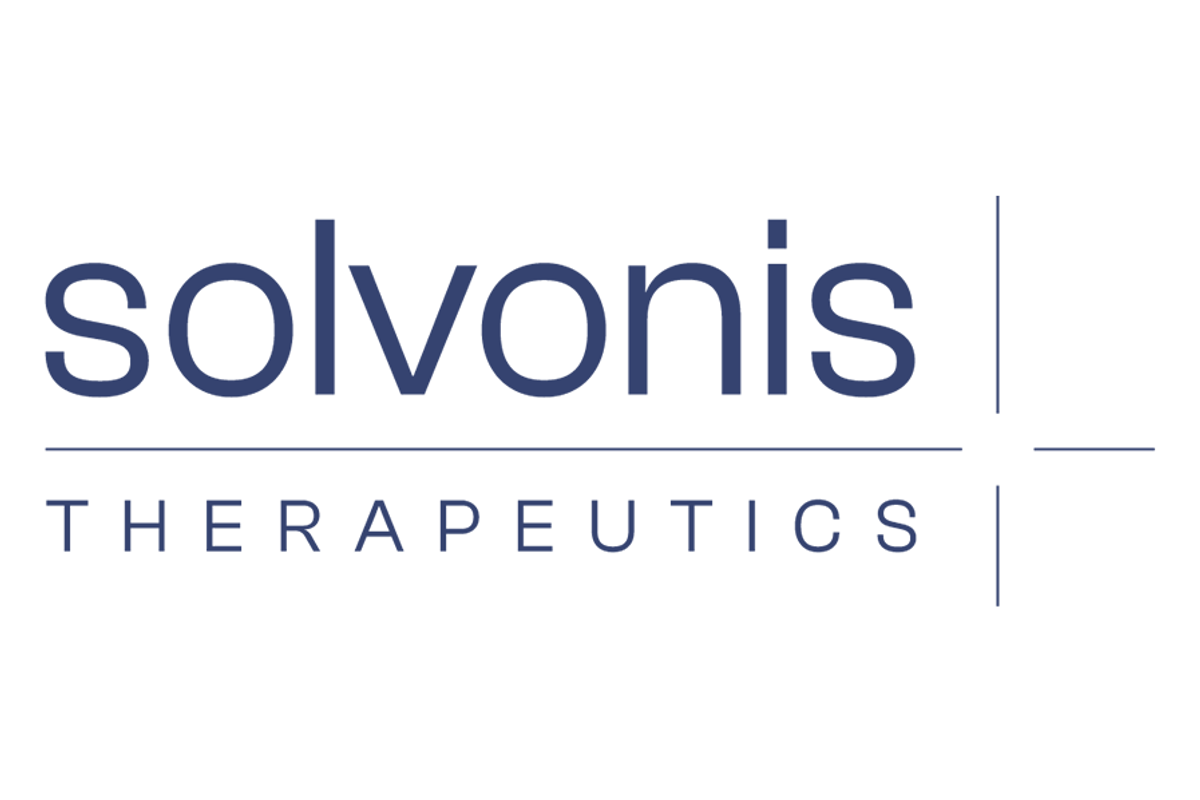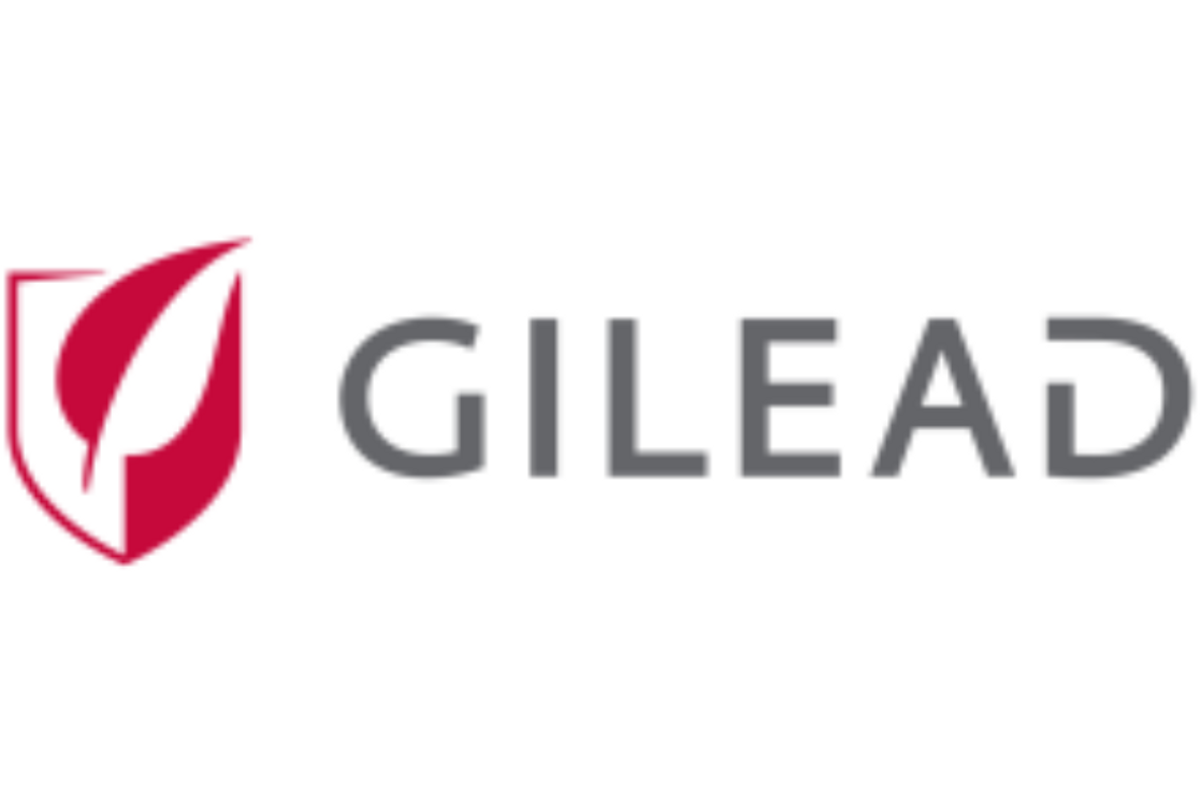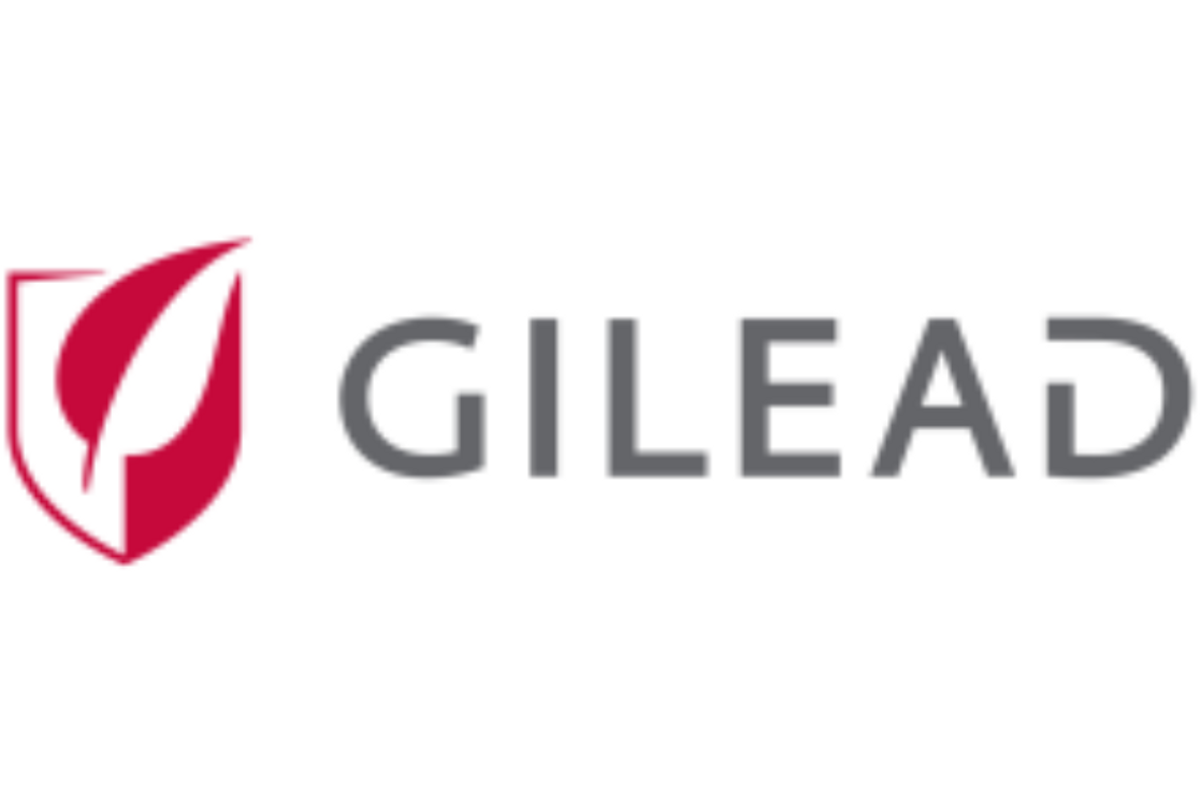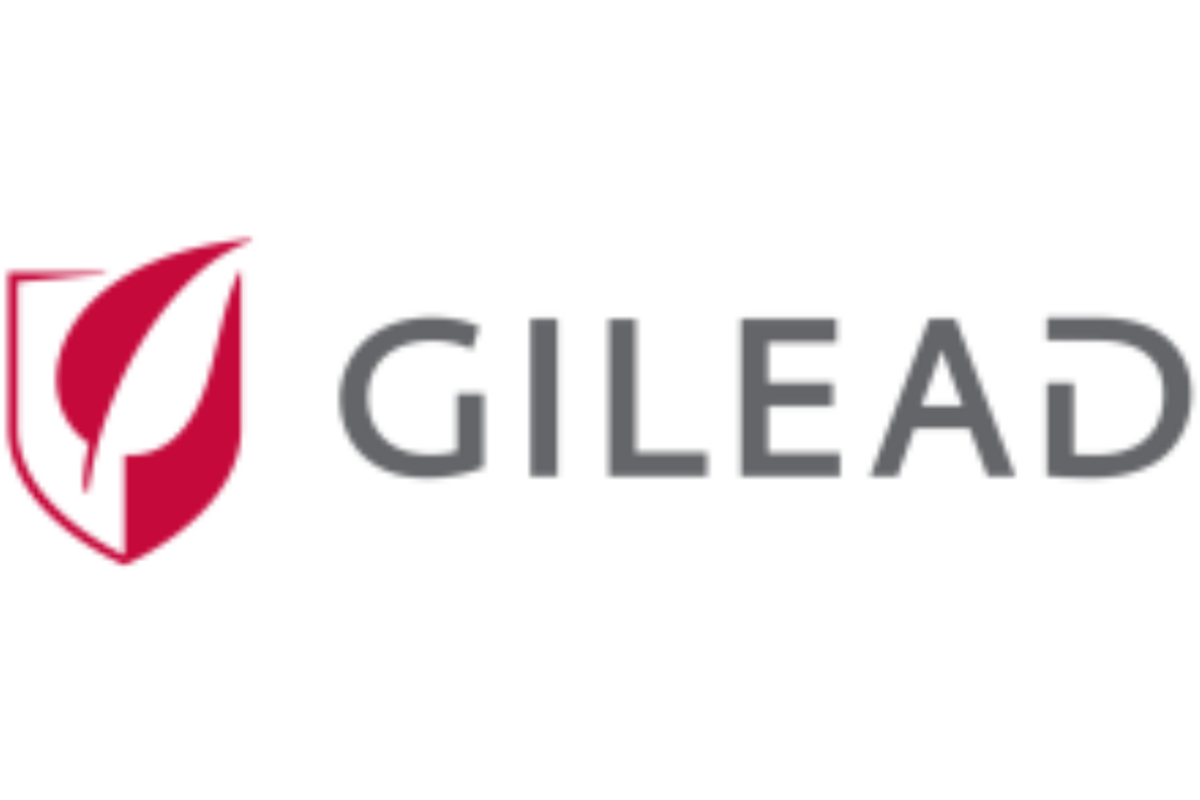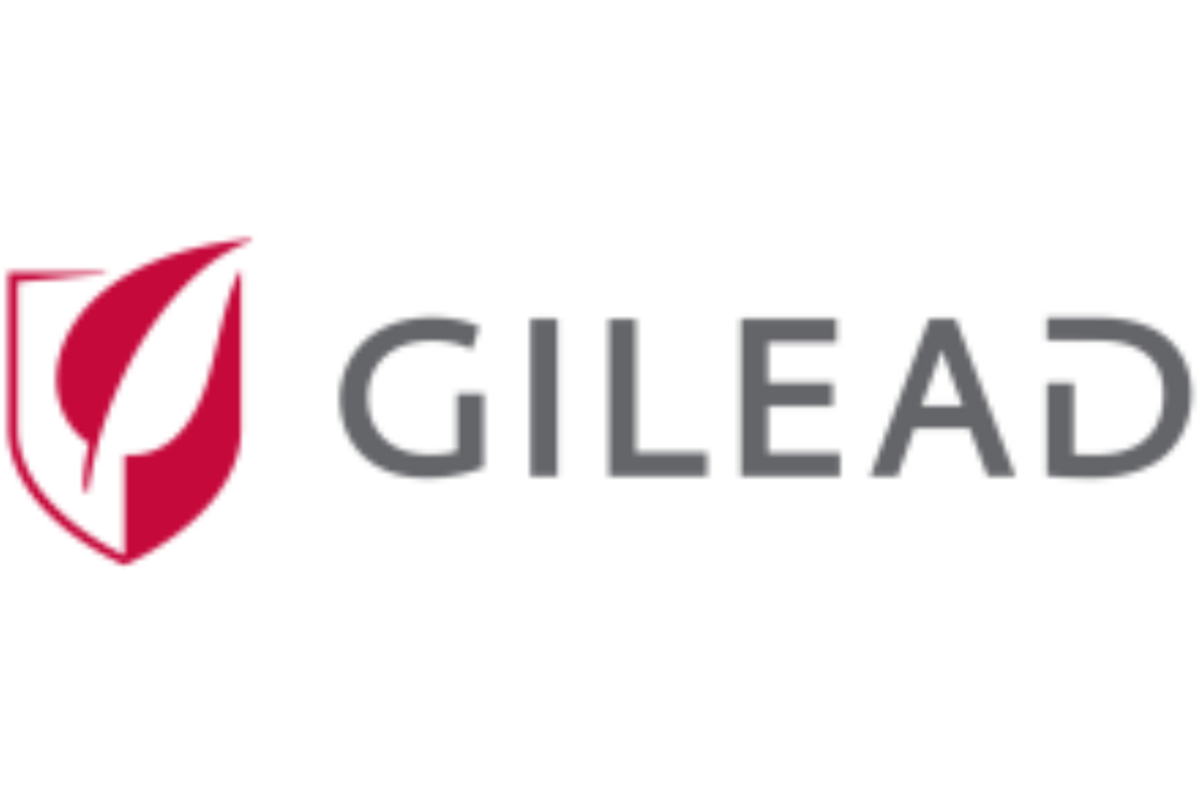Gilead Sciences

Originally published by Gilead Sciences
Dr. Jeffrey Lazarus was studying at New York University in the late 1980s when he saw first-hand the devastation of the HIV epidemic. Today, as a professor at the CUNY Graduate School of Public Health and Health Policy and head of the health systems team at the Barcelona Institute for Global Health (ISGlobal) in Spain, he's encouraged by the fact that many people with HIV are living longer because of treatment advances that make it possible to reduce the virus to an undetectable level.
Still, he knows that much work needs to be done to meet the United Nations' (U.N.) goal of ending the HIV epidemic by 2030 and to fully meet the needs of people living with HIV around the world. Social and structural barriers prevent many people from accessing HIV treatment or prevention and care, and individuals living with HIV face complex medical needs as they age.
Gilead helped transform HIV care by developing the first HIV single-tablet regimen and has long been committed to addressing the unmet needs of diverse communities and to removing barriers to care. As part of this work, Dan Murphy, Gilead's Global Therapeutic Policy Lead in HIV, and his colleagues recently convened a panel of experts, including thought leaders, legislators and HIV advocates, to examine these challenges of the epidemic. Chaired by Jeffrey, the panel made a series of recommendations that are included in a global policy paper on long-term success in HIV. We sat down with Dan and Jeffrey to discuss some of the highlights.
Q. What does long-term success look like, and what are some of the factors that will make it possible?
Dan: Long-term success involves meeting more than the U.N. goals of ending the epidemic. For those living with HIV, success must include both good health and quality of life, free of barriers to treatment and free of stigma and discrimination. There are three core ingredients to long-term success. First, social determinants of health such as racism, housing and transportation must be addressed to ensure access to innovative treatments. The second is designing health systems to provide greater integrated care. And finally, the challenges of living with HIV in aging individuals need to be addressed, including the development and early onset of co-morbidities. About 50% of people living with HIV in Western Europe and North America are older than 50 - a number that will grow to 75-80% by 2030. We need more treatment options and health care systems that meet these growing needs.
Q. What are some of the barriers that stand in the way of achieving long-term success?
Jeffrey: Huge progress has been made, but that progress isn't equally felt around the world. There needs to be greater access to treatment for people in every corner of the world, or we are at risk of leaving behind many people in key populations. Additionally, there is a lack of attention to and a lack of understanding about health-related quality of life. The health system is very rigid because it focuses on one aspect of health - the physical - and often neglects the social and mental well-being of an individual. We need to re-engineer the system to reduce these barriers and have a more holistic view of how we think about health. There are so many important issues outside the health system, like housing problems or food insecurity, that the health system could seek to address. The health system needs to think much broader than whether someone is taking their meds and controlling their viral loads. For example, why not partner health services with social welfare?
Q. What can governments do to address these issues?
Dan: Governments need to have national and sub-national HIV plans in place that incorporate some of the principles that we've mentioned, such as developing health systems that reflect a holistic integration and health-related quality of life. There also needs to be a commitment to funding for HIV strategies, and while many nations have pledged to the U.N.'s Sustainable Development goals of ending the epidemic by 2030, most have yet to clearly identify how they plan to achieve those goals.
Jeffrey: There needs to be an understanding that this isn't just an HIV issue or a health systems issue. It's a societal issue. During the COVID-19 pandemic, it has not been just about stopping viral transmission and treating COVID-19. It has also been a social issue filled with stigma and people's perceptions about getting the virus or having long COVID. I serve as co-chair of the HIV Outcomes Beyond Viral Suppression Coalition, where we call upon policymakers and healthcare providers to address a new set of health outcomes that includes quality of life and to make HIV care more person-centered. We missed that during the pandemic. We missed the chance to engage with the person who is ill and help them in so many other ways. We know people living with HIV have a multitude of needs because of their condition - for example, they may face discrimination in obtaining life insurance, a mortgage or a job. We need governments to understand that this is about people and not just a virus.
Q. What role can Gilead play in the broader picture?
Jeffrey: Industry plays an incredibly important role in facilitating communication, sharing best practices and supporting research and the scholarly exchange of evidence at meetings and conferences. Oftentimes, some of the most innovative opportunities come from the private, rather than public sector. I would hope that industry continues to play such an important role, in addition to drug development. I appreciate the longer-term commitment to this population that continues to face many challenges, in spite of our efforts.
Dan: The biopharmaceutical industry has an ongoing commitment to innovate in HIV. Gilead works with others to ensure there's a continued focus on HIV as a public health priority. Part of Gilead's role is to help shape policy by working in partnership with clinicians, governments, thought leaders, people living with HIV and others, all of whom are critical to long-term success. There's a real risk that HIV will be de-prioritized by governments. While we've made huge progress to get to where we are now, there is still much to do. We must prioritize HIV and long-term success in HIV in order to help end the HIV epidemic for everyone, everywhere.
View additional multimedia and more ESG storytelling from Gilead Sciences on 3blmedia.com.
Contact Info:
Spokesperson: Gilead Sciences
Website: https://www.3blmedia.com/profiles/gilead-sciences
Email: info@3blmedia.com
SOURCE: Gilead Sciences
View source version on accesswire.com:
https://www.accesswire.com/748769/Gilead-Sciences-4-Questions-Global-Experts-Convene-To-Identify-Key-Measures-to-Long-Term-Success-in-HIV
